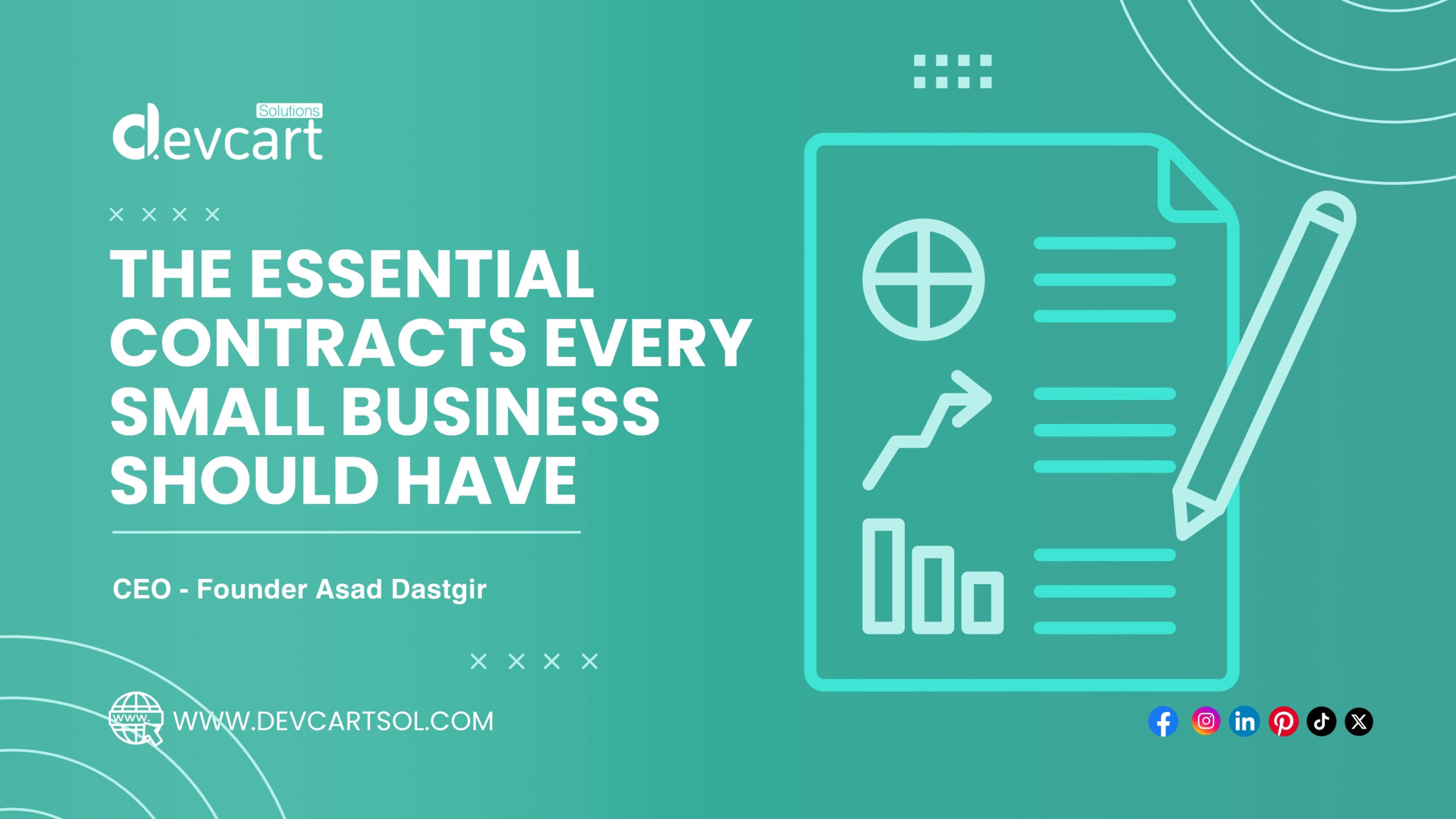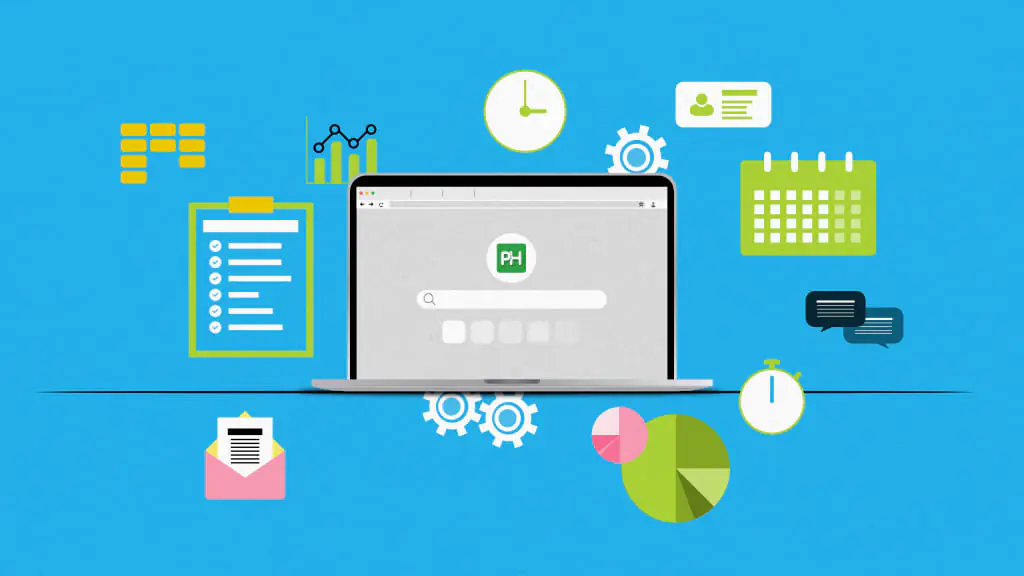In today’s digital-first world, having a well-designed, fast, and user-friendly website is essential for businesses of all sizes. But creating and maintaining a website involves more than just great design — it requires the right set of tools.
From development to design, security, analytics, and content management, here’s a list of the top software tools every website owner should consider.
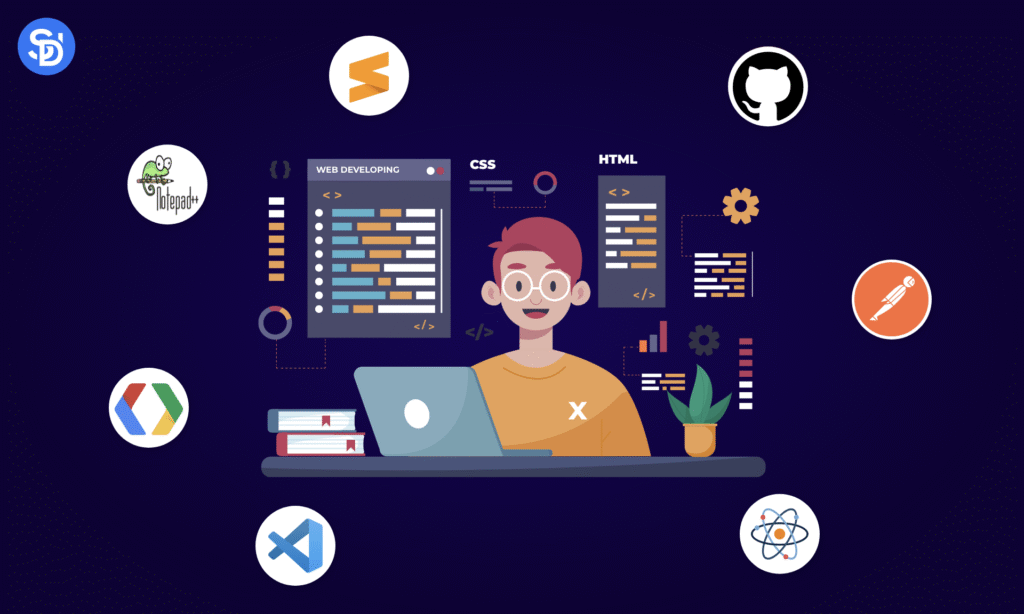
1. Content Management Systems (CMS)
A CMS allows you to create, edit, and manage website content without needing to code. It’s ideal for blogs, company websites, and ecommerce platforms.
- WordPress – The most popular CMS, known for flexibility and a vast plugin ecosystem.
- Wix – A user-friendly drag-and-drop builder ideal for small businesses.
- Shopify – Great for ecommerce websites with built-in sales tools.
2. Website Builders
If you’re looking for a no-code or low-code way to create a site, website builders offer pre-designed templates and easy editing.
- Squarespace – Known for beautiful, modern templates.
- Webflow – Offers powerful customization with visual design tools.
- Zyro – A budget-friendly builder with AI-driven features.
3. Web Hosting Platforms
Your website needs a place to live. Hosting services store your files and make your site accessible online.
- Bluehost – Reliable and beginner-friendly, especially for WordPress users.
- SiteGround – Known for excellent support and speed.
- Cloudways – A scalable, managed cloud hosting platform.
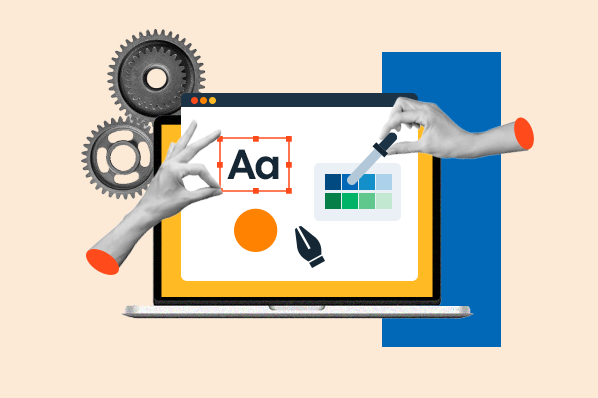
4. Design and Prototyping Tools
Design is a key part of a successful website. Use design software to create layouts, UI/UX mockups, and prototypes.
- Figma – Collaborative interface design tool with real-time editing.
- Adobe XD – Excellent for designing and prototyping user experiences.
- Canva – Great for quick designs, banners, and social media graphics.
5. SEO and Analytics Tools
To attract traffic and improve performance, you need SEO optimization and analytics.
- Google Analytics – Track user behavior, traffic sources, and performance.
- Yoast SEO – A WordPress plugin to optimize on-page SEO.
- Ahrefs or SEMrush – Advanced SEO tools for keyword research and site audits.
6. Security Tools
Website security is critical to protect data and build trust with users.
- SSL Certificates – Enable HTTPS and secure your site (often provided by your host).
- Sucuri – Provides firewall protection and malware scanning.
- Wordfence – A popular WordPress security plugin.
7. Performance and Optimization Tools
Website speed and performance impact both SEO and user experience.
- Google PageSpeed Insights – Analyze and improve page speed.
- GTmetrix – In-depth performance reports with suggestions.
- LiteSpeed Cache / WP Rocket – Caching plugins that boost site speed.
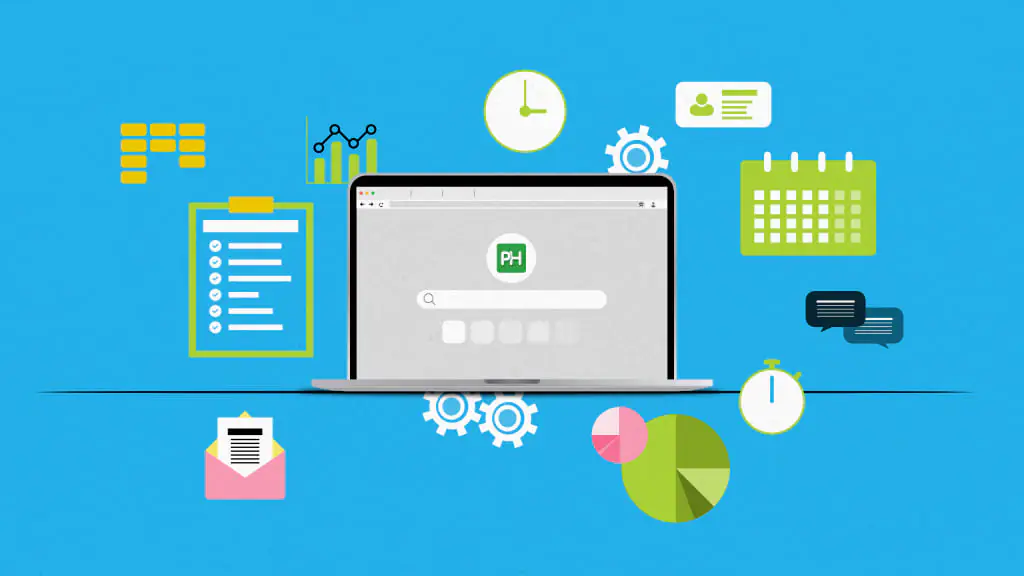
Final Thoughts
Building a professional website doesn’t have to be overwhelming — not when you have the right software tools to guide the way. Whether you’re a small business owner, a freelance designer, or a startup founder, choosing the right platforms and plugins can streamline your workflow, enhance your site’s performance, and set you up for long-term success.
Invest in the tools that match your goals — and watch your online presence grow.




